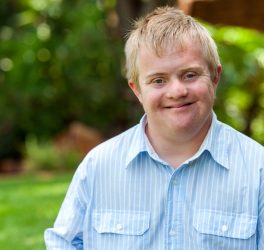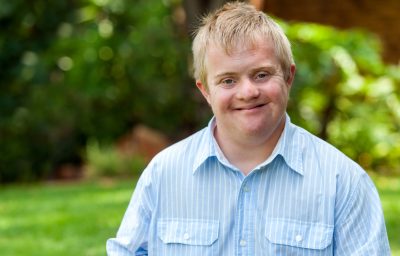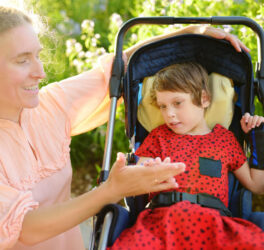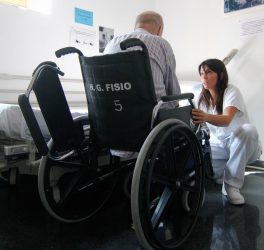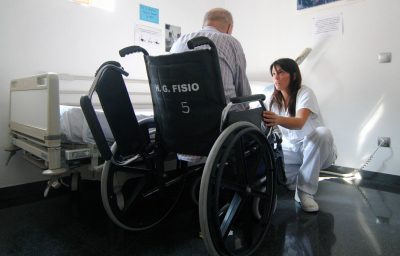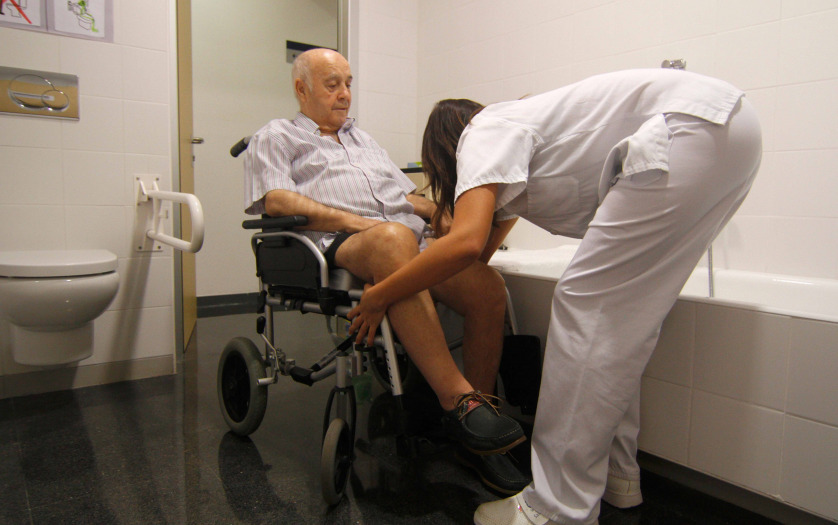
Improving communication treatment for stroke recoverees is the focus of a new research project at The University of Queensland, supported by the National Health and Medical Research Council (NHMRC).
UQ School of Health and Rehabilitation Sciences speech pathologist Dr Sarah Wallace said the research aimed to improve aphasia treatment through routine clinical data collection.
“Up to 40 per cent of stroke survivors suffer from aphasia, a devastating condition that leaves the person unable to communicate effectively,” Dr Wallace said.
“It’s a lifelong disability that can affect a person’s ability to read, write, speak or understand what’s being said.”
Stroke is one of the country’s biggest killers and a leading cause of disability – there are approximately 60,000 new and recurrent strokes every year with one Australian experiencing a stroke every nine minutes.
The UQ team are on the hunt for people across Australia suffering from aphasia to participate in a study to improve the services currently available.
“Research tells us that best-practice speech pathology treatments can improve outcomes for people with aphasia, however the absence of routinely collected information makes it challenging to understand exactly how these services are affecting the patients,” Dr Wallace said.
“Establishing a core set of data items and outcome measures which can be collected routinely in aphasia services will help us to understand where things are working well, where improvement is needed and where gaps in best practice are occurring.”
Dr Wallace said post-stroke aphasia can have a greater negative impact on quality of life than other common conditions, including cancer and dementia.
“Aphasia is commonly associated with increased risk of depression and social isolation,” she said.
“It can cause major psychological distress for the person and their family and friends.
“The personal, social, and economic impacts of post-stroke aphasia present an imperative to ensure patients are receiving best care.”
This research will also contribute to a national program of research being carried out by the NHMRC CRE Aphasia Rehabilitation and Recovery.

